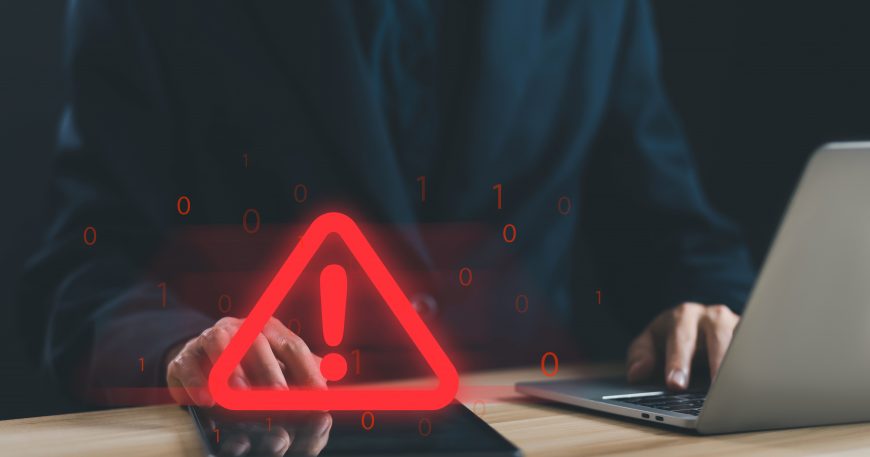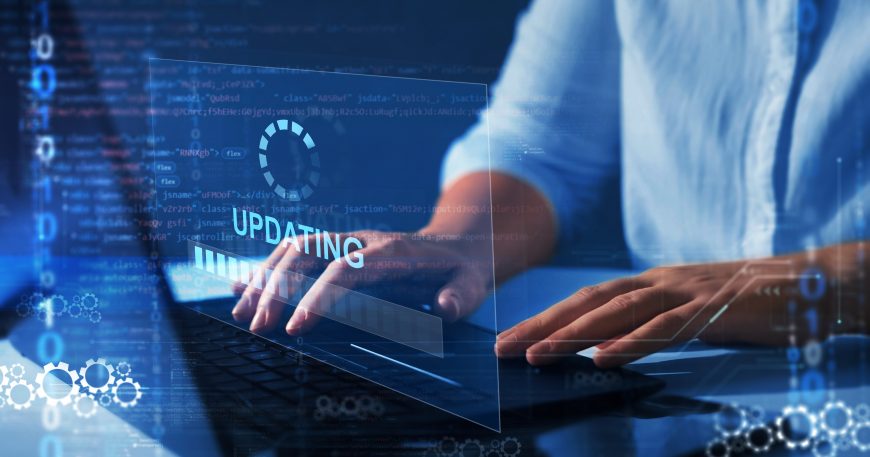Cyber Assurance level 1
The IASME Cyber Assurance level 1 certification is a comprehensive security standard that helps organizations of all sizes enhance their cybersecurity posture. This certification covers essential security controls, including access management, incident response planning, and data backup and recovery. By achieving this certification, businesses demonstrate their commitment to protecting sensitive information and mitigating cyber threats. […]







